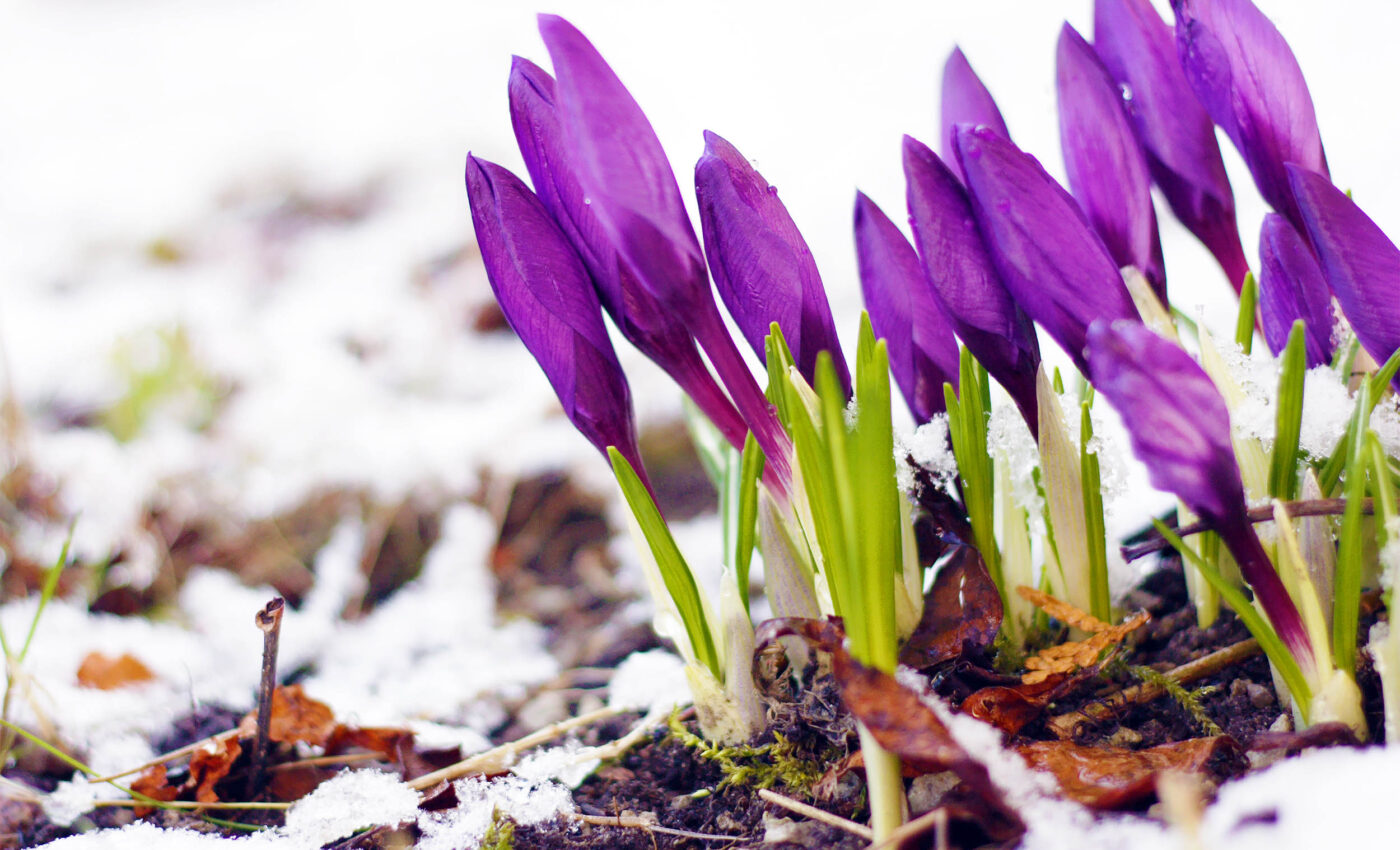
Flowers are blooming up to 92 days earlier due to climate change
New research aimed to observe the changes in the blooming patterns of flowers and 51 species of shrubs, bushes, and trees over the past 35 years, providing insights into how plant communities are adapting to climate shifts in the southern Iberian Peninsula.
Researchers from the University of Seville have conducted a significant study to explore the effects of climate change on the flora of Doñana National Park.
Climate’s grip on flower blooming patterns
The backdrop of this study is a notable increase in temperatures in the area, with an average rise of 1°C and a minimum temperature increase of 2°C.
This warming has led to a significant shift in the plant community’s peak flowering time, moving forward by 22 days, from May 9 to April 17.
This change signifies that the majority of species are now blooming earlier, altering the traditional rhythm of the ecosystem.
This phenomenon is widespread, affecting 80% of the observed species by advancing their flowering start, and 68% by moving up the end of their flowering period.
Remarkably, rosemary (Salvia rosmarinus) exemplifies this shift, flowering 92 days earlier than in the past.
Crowded gardens: Pollination in a warmer world
This uneven shift in flowering times has resulted in prolonged blooming periods for many species, leading to an “overcrowded” floral neighborhood.
This crowding could intensify competition for the attention of pollinating insects, as 55% of the species now find themselves in a more congested flowering environment.
Flowering is a crucial phase for plants, as it facilitates sexual reproduction. Since plants are stationary, they depend on insects to transfer pollen from one flower to another.
This intricate dance requires precise timing; however, the advancing flowering times due to climate change could disrupt the synchronization between plants and their pollinator insects.
Mediterranean meltdown: Hotspot for flowering havoc
The study underscores that the Mediterranean region, including Doñana National Park, is experiencing climate change impacts more acutely than many other areas, with temperature increases outpacing the global average by 20%.
This rapid change challenges plants, which rely on accumulating warmth to determine the right moment to flower.
The altered timing may affect the plants’ ability to reproduce effectively, potentially leading to fruiting or germination at less optimal times, especially as drought conditions worsen.
Moreover, unexpected competition for pollinators could arise, further complicating the survival of these species.
This research was made possible by leveraging data collected in the 1980s, initially aimed at a different study.
The foresight to monitor the flowering patterns of these plant communities has provided invaluable data, highlighting the profound effects of climate change on biodiversity.
It emphasizes the importance of long-term research perspectives, often challenged by the short-term nature of most research projects.
Climate change’s toll on flowering and reproduction
The research conducted by the University of Seville reveals the profound impact of climate change on the flowering patterns of plant species in Doñana National Park, highlighting a critical shift towards earlier bloom times and the resulting ecological consequences.
This study underscores the urgent need for continued and comprehensive research to understand the broader implications of these changes on biodiversity and ecosystem health.
By documenting the significant advancement in flowering times and the challenges posed to plant-pollinator interactions, the findings serve as a compelling call to action for mitigating climate change effects and preserving the delicate balance of our natural environments for future generations.
The full study was published in the journal Annals of Botany.
—–
Like what you read? Subscribe to our newsletter for engaging articles, exclusive content, and the latest updates.
—–
Check us out on EarthSnap, a free app brought to you by Eric Ralls and Earth.com.
—–













